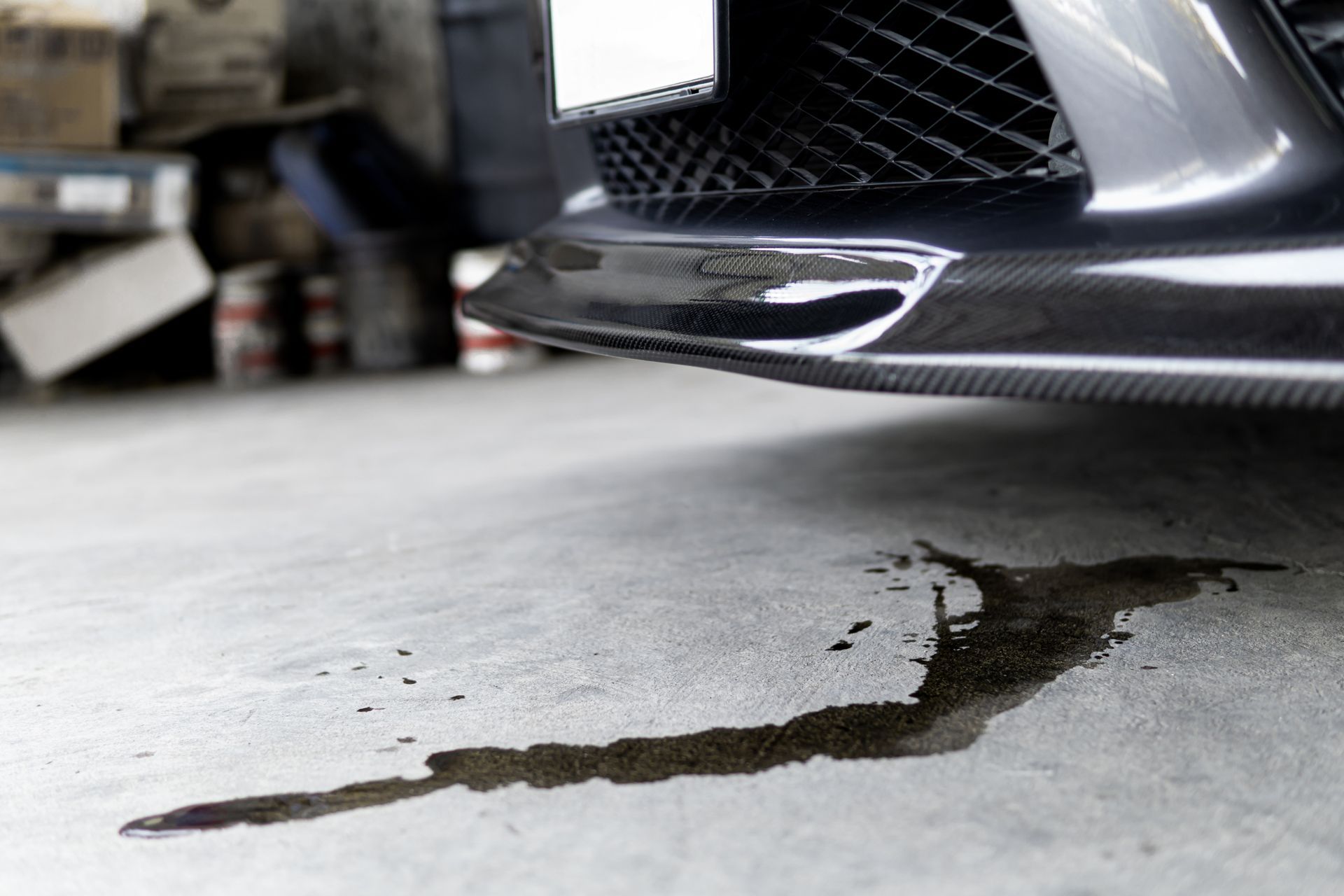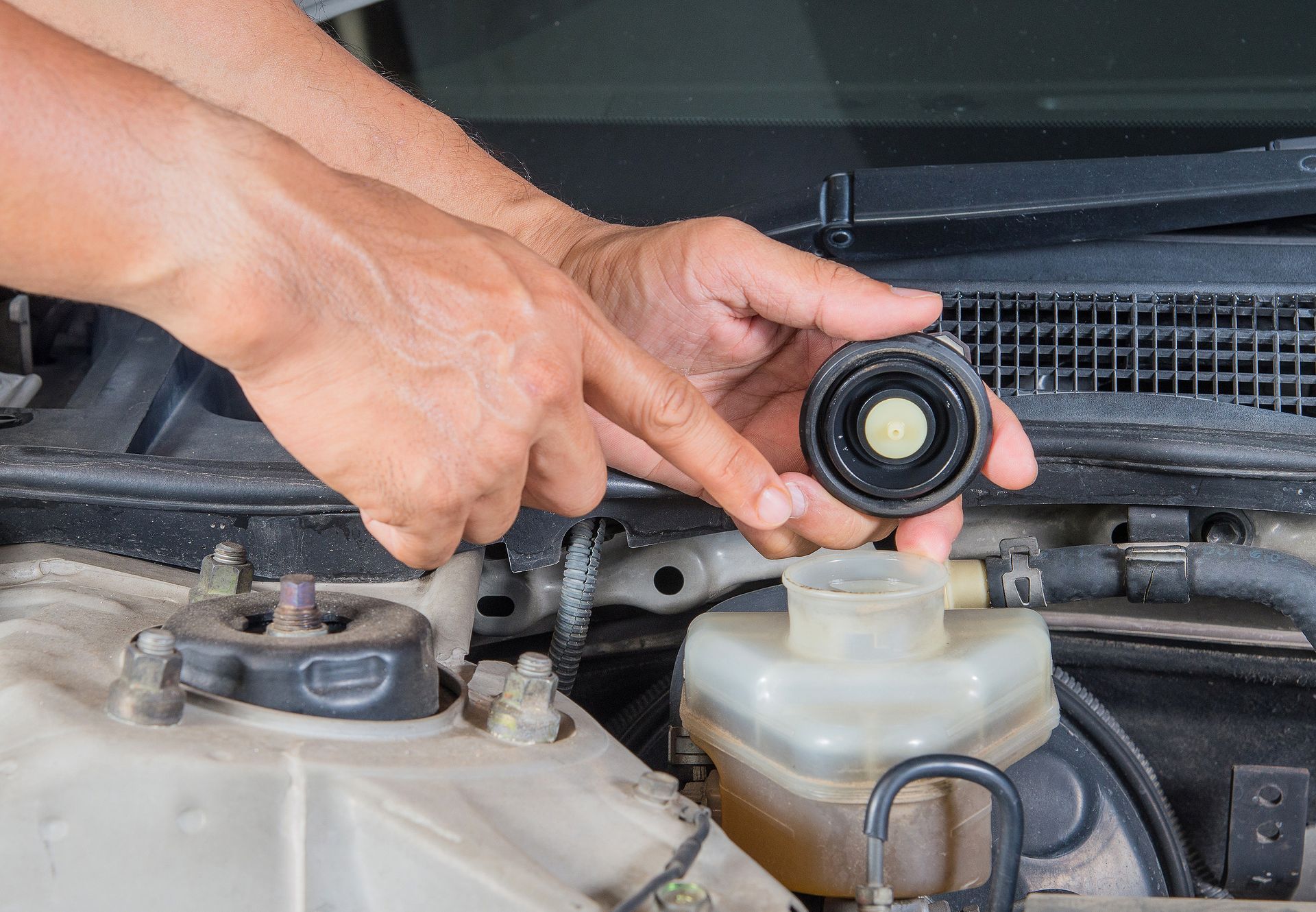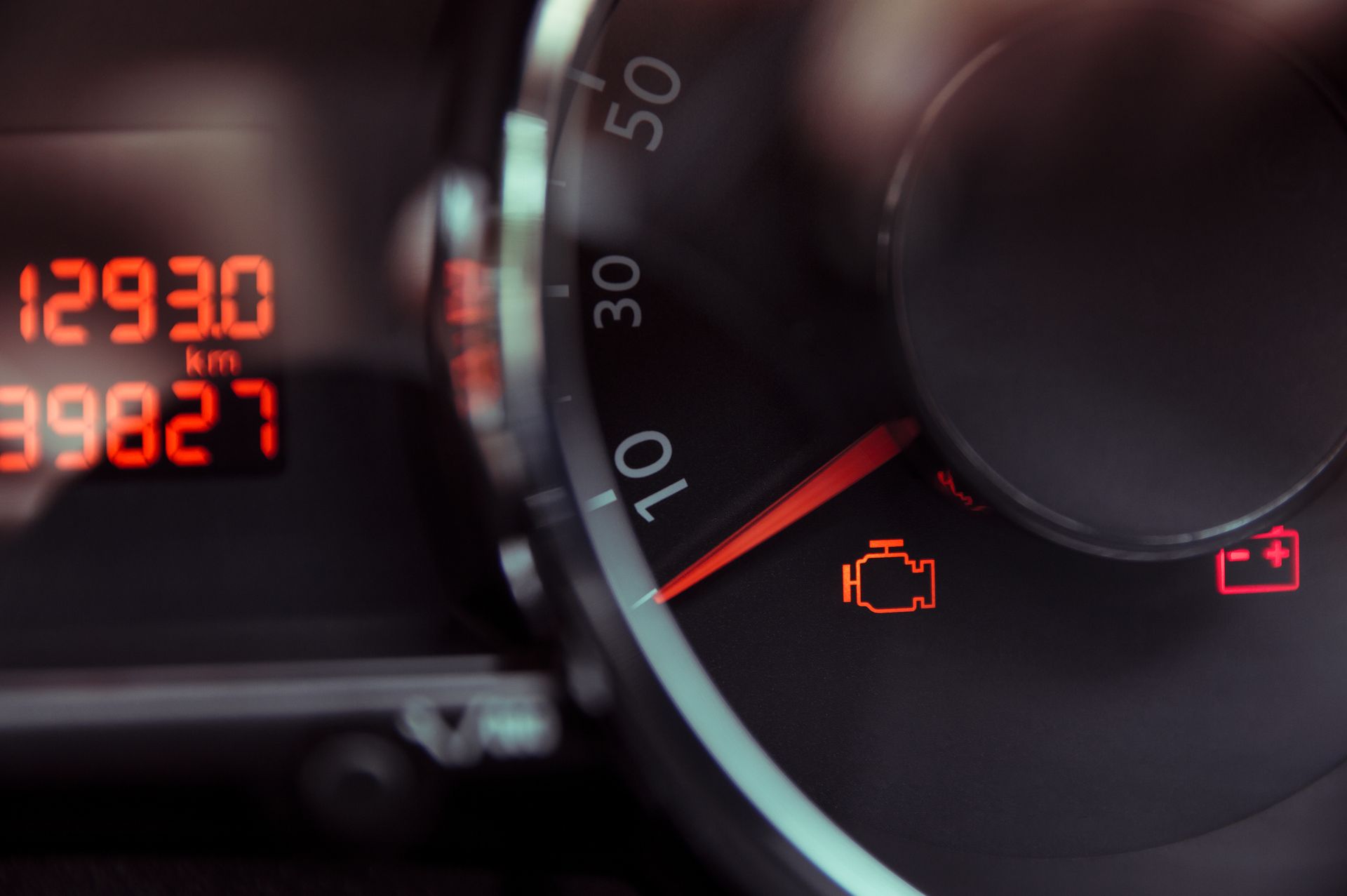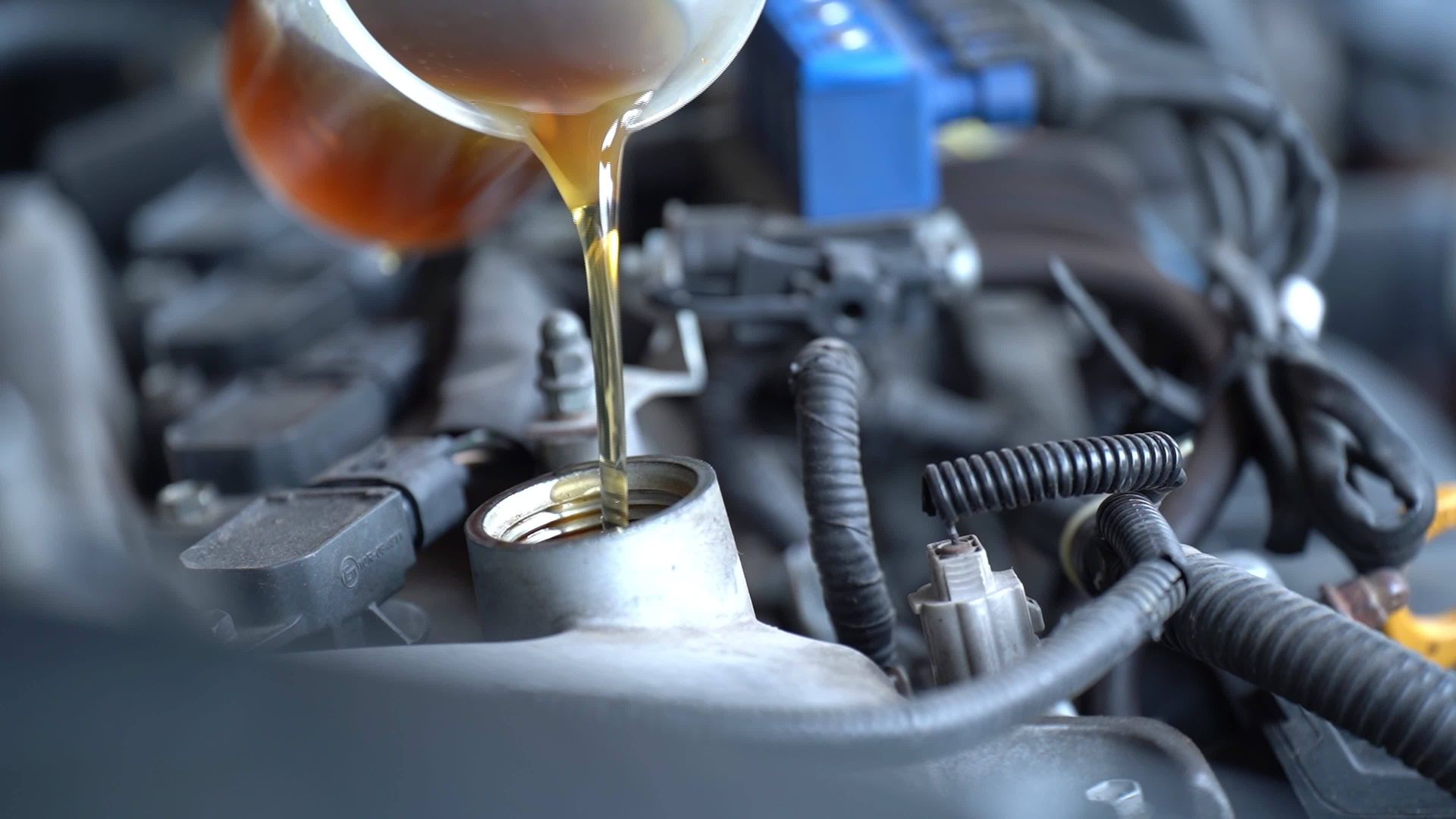The Importance of Regular Oil Changes for Engine Longevity

The Importance of Regular Oil Changes for Engine Longevity
The health and longevity of your vehicle's engine hinge on one simple yet crucial task: regular oil changes. This routine maintenance task is often overlooked, but its importance cannot be overstated.
Oil is the lifeblood of your engine. It lubricates, cools, and cleans the engine's internal components, ensuring smooth operation. Over time, however, oil degrades and loses its effectiveness, leading to increased wear and tear on your engine.
The frequency of oil changes can vary based on several factors. These include the make and model of your vehicle, your driving habits, and the type of oil used. For instance, European vehicles like Mercedes may have specific oil change requirements.
Neglecting regular oil changes can lead to severe engine damage and costly repairs. On the other hand, consistent maintenance can improve your vehicle's performance, fuel efficiency, and resale value.
In this article, we delve into the importance of regular oil changes, the recommended frequency, and the benefits they bring to your vehicle's engine. Whether you're a seasoned driver or a new car owner, this guide will provide valuable insights to help you maintain your vehicle's engine health and longevity.
Understanding Oil Change Basics
An oil change is a simple process that involves draining old engine oil and replacing it with fresh oil. It also includes replacing the oil filter, a crucial component that traps dirt and debris to keep the oil clean.
The frequency of oil changes can vary. It depends on factors such as the type of vehicle, the oil used, and the driving conditions. Some modern vehicles even have oil life monitoring systems to help owners know when an oil change is needed.
However, a common rule of thumb is to change your oil every 3,000 to 5,000 miles. This interval can be extended if you're using synthetic oil, which tends to last longer than conventional oil.
Remember, regular oil changes are not just about maintaining engine performance. They're also about preventing potential engine damage and costly repairs down the line.
Why Oil Changes are Essential
Regular oil changes are essential for several reasons. First, they ensure that your engine is always running on clean oil. Clean oil is more effective at lubricating and cooling engine parts, which reduces wear and tear.
Second, regular oil changes can improve your vehicle's gas mileage. Dirty oil can cause friction in the engine, which can lead to inefficiency and increased fuel consumption.
Third, oil changes are a relatively inexpensive maintenance task. Yet, they can prevent expensive issues down the line. For instance, neglecting oil changes can lead to sludge buildup in the engine, which can cause severe damage.
Fourth, regular oil changes contribute to the resale value of your vehicle. A well-maintained engine is a strong selling point for potential buyers.
Lastly, oil changes are a good opportunity to check for other potential engine issues. Many professional oil change services also include additional checks and maintenance tasks, such as checking tire pressure and fluid levels.
The Role of Oil in Your Engine
Engine oil plays several crucial roles in your vehicle. It lubricates the moving parts of the engine, reducing friction and wear. This is particularly important during cold starts, when parts need to move smoothly despite the low temperature.
Oil also helps to cool the engine. It carries away heat from the combustion chamber, preventing overheating. This is especially important in high-performance vehicles, which generate more heat.
In addition, oil acts as a cleaning agent. It picks up dirt and debris from the engine and carries them to the oil filter. This keeps the engine clean and prevents the buildup of harmful deposits.
Finally, oil provides a protective layer on engine parts. This helps to prevent rust and corrosion, further extending the life of your engine.
Oil Change Frequency: How Often Should You Do It?
Determining the right oil change frequency for your vehicle can be a bit tricky. It depends on several factors, including the type of oil you use, your driving habits, and the specific requirements of your vehicle.
For instance, synthetic oils, which are often used in European cars, can sometimes allow for longer intervals between oil changes. On the other hand, if you frequently drive in extreme temperatures or dusty conditions, you may need to change your oil more often.
High-performance vehicles and those with turbocharged engines may also require more frequent oil changes. This is due to the demanding operating conditions these vehicles often face.
In general, it's best to follow the manufacturer's recommendations for oil change intervals. These can usually be found in your vehicle's owner's manual.
General Guidelines for Oil Change Intervals
As a general rule, many mechanics recommend changing your oil every 3,000 to 5,000 miles. However, this is just a guideline and may not apply to all vehicles.
For instance, if you use synthetic oil, you may be able to go up to 7,500 miles or even 10,000 miles between oil changes. Synthetic oil is designed to last longer and perform better under extreme conditions.
On the other hand, if your vehicle is older or if you often drive in harsh conditions, you may need to change your oil more frequently. In such cases, it's best to consult with a professional mechanic or refer to your vehicle's owner's manual.
Remember, the goal is to ensure that your engine always has clean, effective oil. This is crucial for maintaining engine performance and longevity.
European Oil Change Standards: A Closer Look at Mercedes Service Intervals
European vehicles, such as Mercedes, often have specific oil change requirements. These are usually outlined in the owner's manual and may differ from the general guidelines mentioned above.
For instance, Mercedes vehicles often use synthetic oil, which can allow for longer intervals between oil changes. However, the exact interval can vary depending on the specific model and the driving conditions.
In addition, Mercedes vehicles often have advanced oil life monitoring systems. These systems can provide a more accurate indication of when an oil change is needed, based on your specific driving habits and conditions.
Remember, when it comes to oil changes, it's always best to follow the manufacturer's recommendations. This ensures that your vehicle gets the right care it needs to perform at its best and last longer.
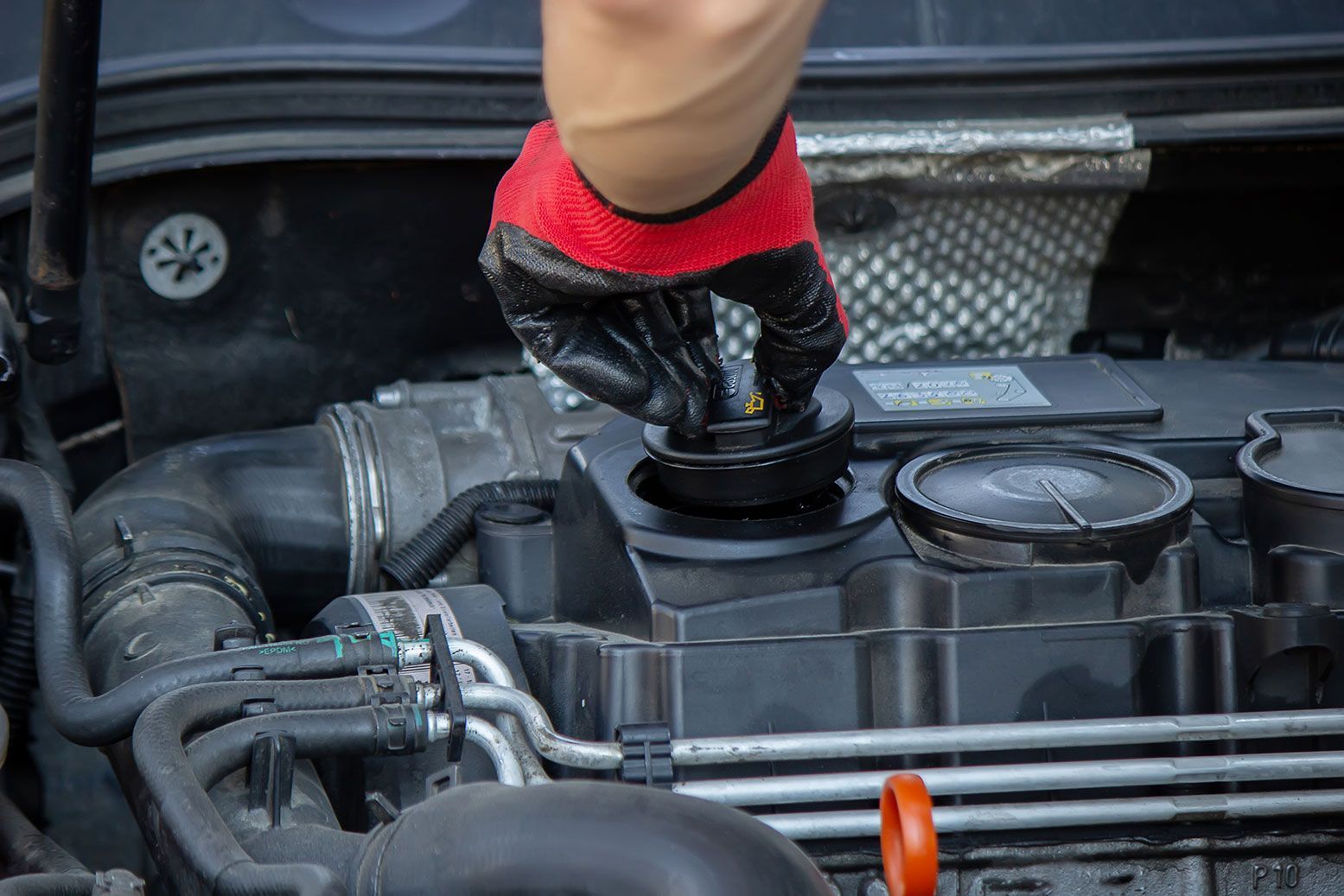
The Benefits of Regular Oil Changes
Regular oil changes offer numerous benefits for your vehicle. One of the most significant is the role they play in maintaining engine performance and longevity.
Clean oil lubricates and cools engine parts more effectively than dirty oil. This reduces friction and wear on engine components, helping your engine run more smoothly and efficiently.
Regular oil changes can also improve your vehicle's gas mileage. This is because a well-lubricated engine doesn't have to work as hard, which can result in better fuel efficiency.
Finally, regular oil changes can prevent severe engine damage and costly repairs. This is because old, dirty oil can lead to increased friction, overheating, and wear on engine components.
Engine Efficiency and Performance
Regular oil changes are crucial for maintaining engine efficiency and performance. Clean oil lubricates the engine's moving parts, reducing friction and helping the engine run more smoothly.
In addition, clean oil helps cool the engine by carrying heat away from the moving parts. This prevents overheating and helps maintain optimal engine performance.
Regular oil changes also prevent sludge buildup in the engine. Sludge can clog the engine's oil passages, leading to reduced oil flow and potentially causing engine damage.
Finally, regular oil changes can improve your vehicle's gas mileage. This is because a well-lubricated engine doesn't have to work as hard, which can result in better fuel efficiency.
Cost Savings and Vehicle Value
Regular oil changes can also result in significant cost savings over the life of your vehicle. This is because oil changes are a relatively inexpensive maintenance task that can prevent expensive issues down the line.
For instance, neglecting oil changes can lead to severe engine damage, which can be costly to repair. In contrast, regular oil changes can help maintain your engine's health, potentially saving you money on costly repairs in the long run.
Regular oil changes can also contribute to the resale value of your vehicle. A well-maintained engine is a strong selling point, and regular oil changes are a clear indication of a well-maintained engine.
Finally, regular oil changes can extend the life of your vehicle. By helping to maintain engine performance and prevent damage, regular oil changes can help your vehicle last longer, providing you with more value for your investment.
Professional vs. DIY Oil Changes
Choosing between professional and DIY oil changes depends on several factors. These include your comfort level with vehicle maintenance, available time, and cost considerations.
Professional oil changes offer convenience and expertise. Technicians can spot potential issues, perform additional checks, and ensure proper disposal of used oil.
On the other hand, DIY oil changes can be cost-effective. They provide an opportunity to familiarize yourself with your vehicle. However, they require proper knowledge and tools.
Regardless of the method, regular oil changes are crucial. They ensure the longevity and performance of your vehicle's engine.
What Happens During a Professional Oil Change Service?
During a professional oil change service, the old oil is drained from your vehicle's engine. This is followed by the removal and replacement of the oil filter.
Next, new oil is added. The type and quantity of oil depend on your vehicle's specifications. The technician ensures the oil level is correct.
In addition to changing the oil, the technician may perform other checks. These can include inspecting fluid levels, tire pressure, and other components for potential issues.
Finally, the technician will reset your vehicle's oil change indicator if it has one. This ensures you'll be alerted when your next oil change is due.
Tips for DIY Oil Changes and Proper Disposal
If you choose to perform DIY oil changes, there are several things to keep in mind. First, always refer to your vehicle's owner's manual for the correct oil type and change frequency.
Second, ensure you have the right tools. This includes an oil filter wrench, oil drain pan, and funnel. Also, wear protective gloves and eyewear for safety.
Third, properly dispose of used oil. Many auto parts stores and recycling centers accept used motor oil. Never pour it down drains or into the environment.
Lastly, keep records of your oil changes. This is important for maintaining your vehicle's service history. It can also be beneficial when selling your vehicle.
Recognizing the Signs: When to Change Your Oil Sooner
Sometimes, your vehicle may need an oil change sooner than the recommended interval. Recognizing the signs can prevent potential engine damage.
One sign is the oil's color. Fresh oil is amber, but it darkens with use. If it's black and gritty, it's time for a change.
Another sign is the oil level. If it's consistently low, it may indicate a leak or high oil consumption. Both require immediate attention.
Lastly, listen to your vehicle. Unusual noises, like knocking or rumbling, can indicate oil-related issues. If you notice these signs, schedule an oil change promptly.
Conclusion: Maintaining Your Engine's Health
Regular oil changes are a small investment in your vehicle's longevity. They ensure optimal performance and prevent costly repairs.
Remember, your vehicle is a complex machine. Treat it with care, and it will serve you reliably for many miles to come.
Share this blog on social media!





